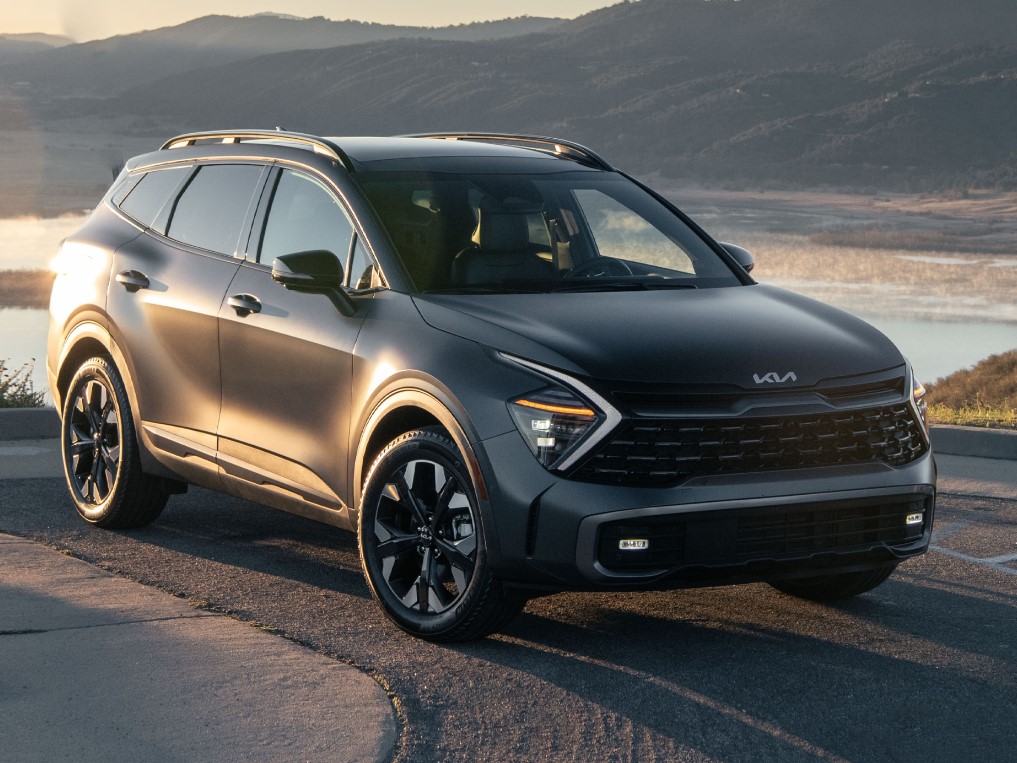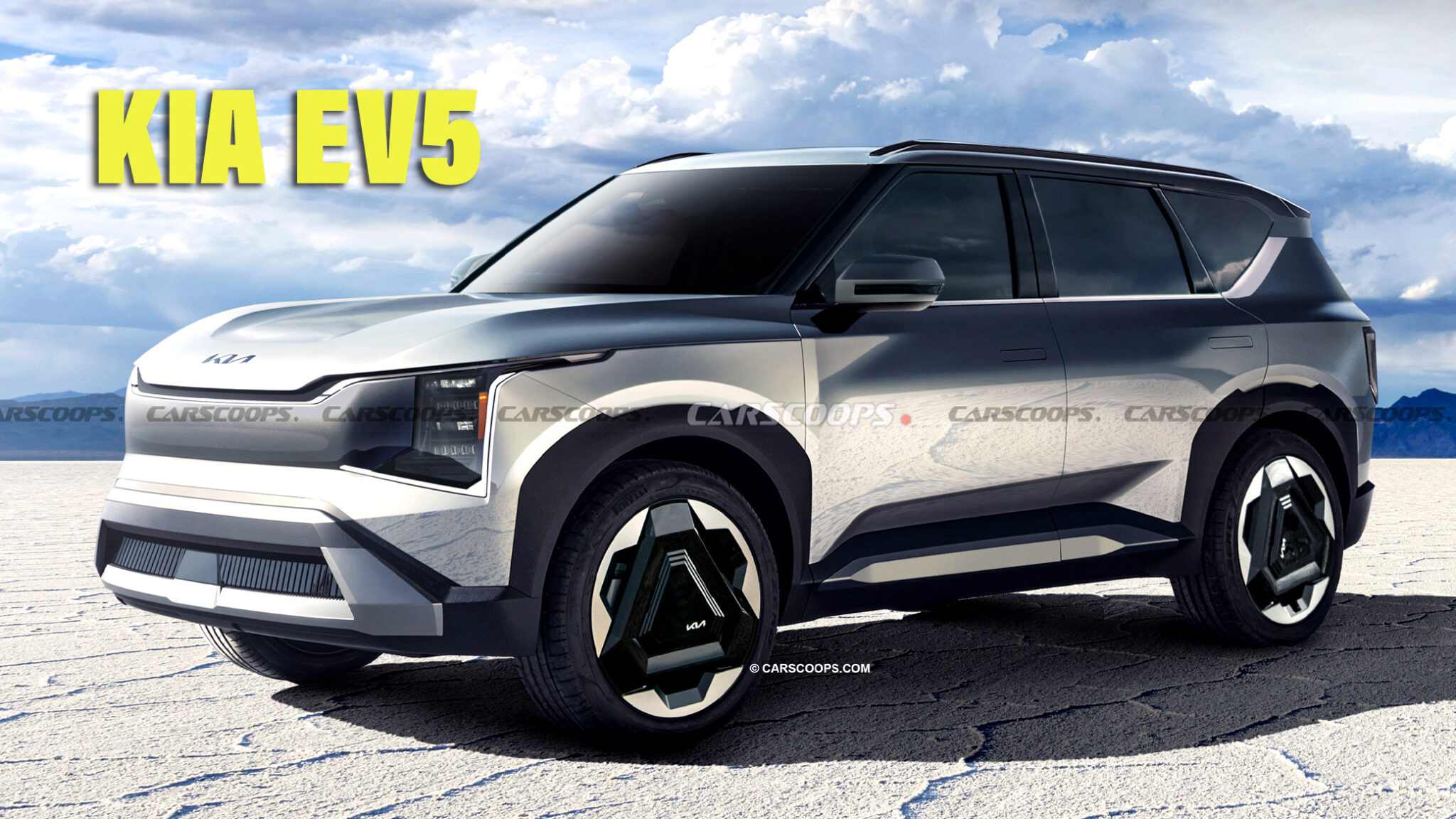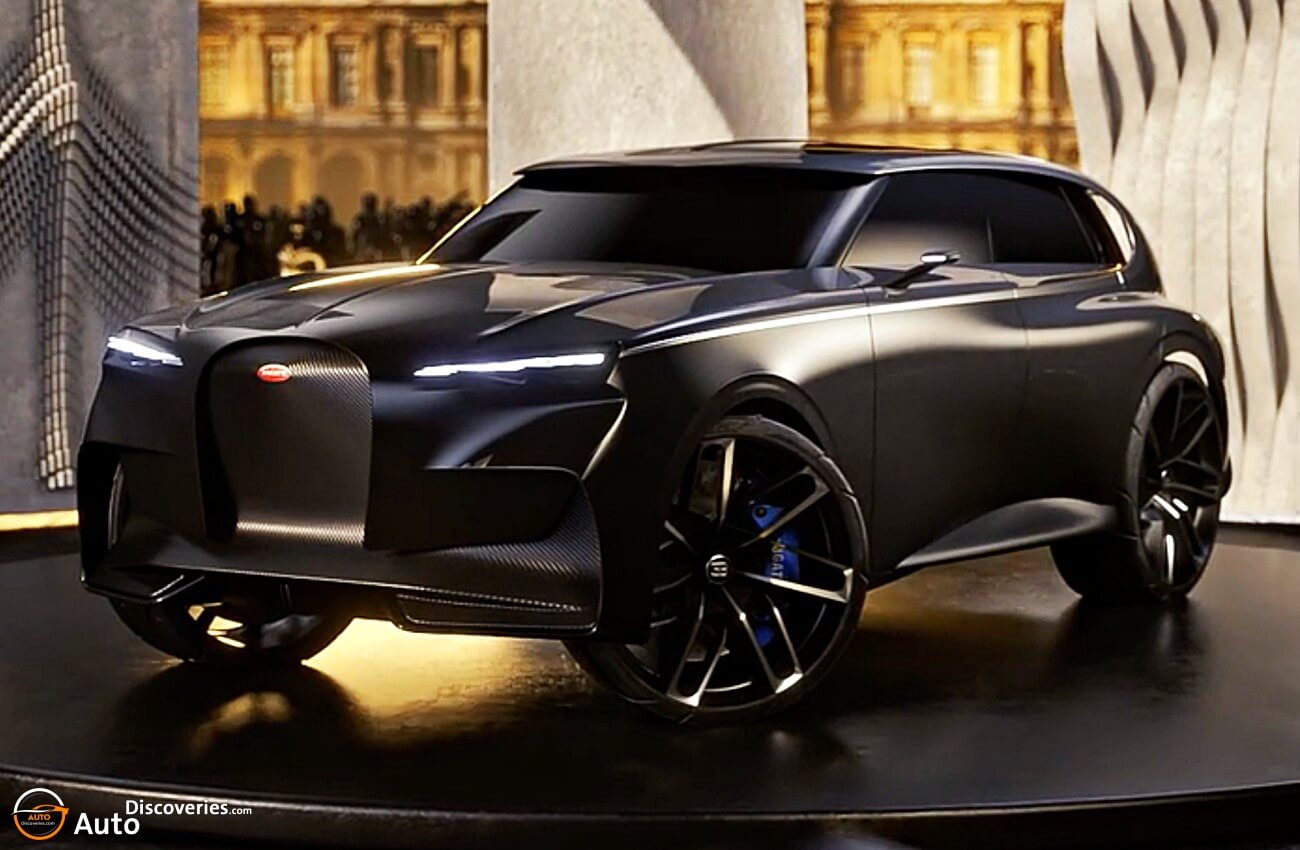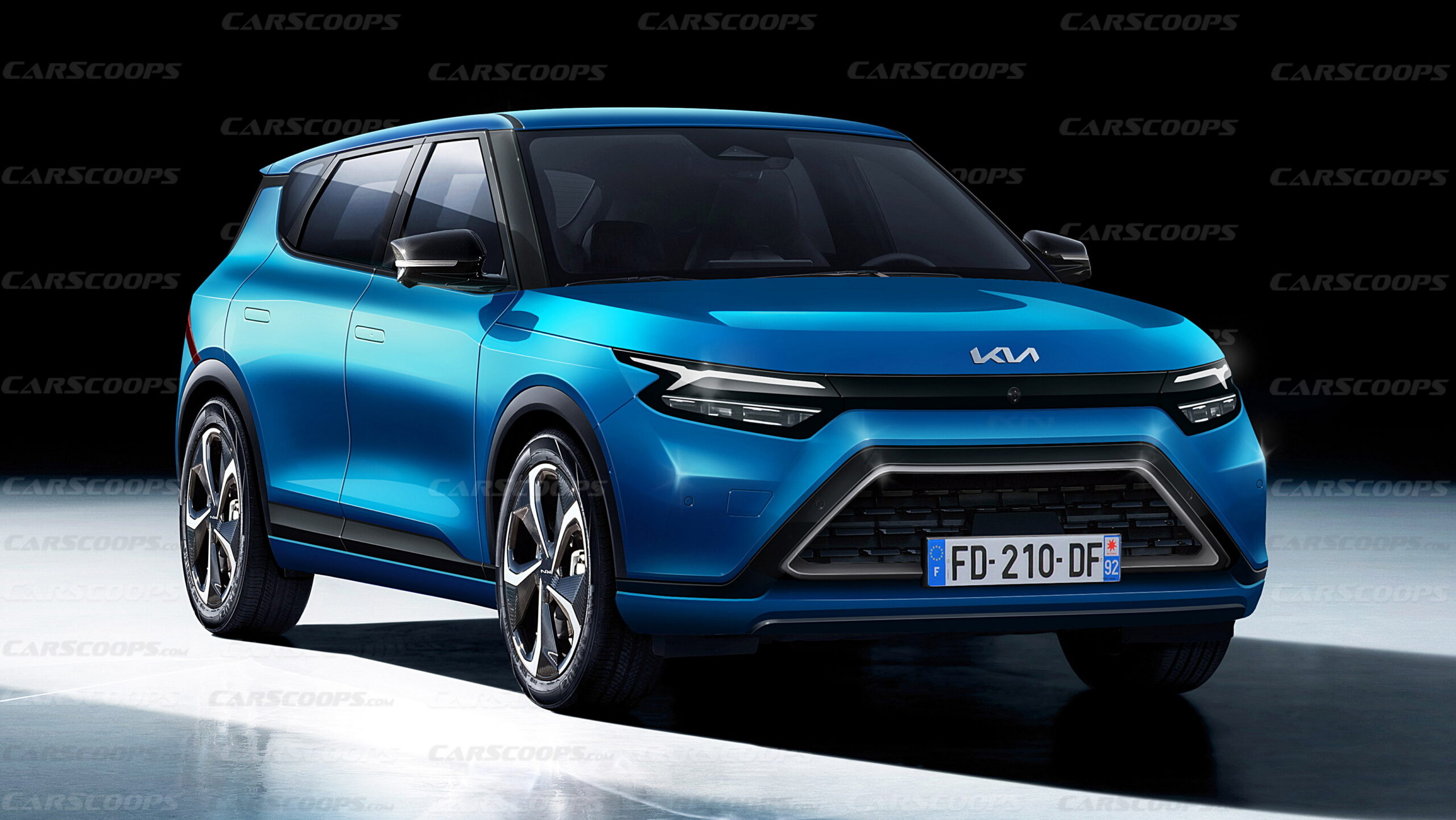Navigating the Future of Driving: A Guide to the Best PHEV SUVs in 2025
Related Articles: Navigating the Future of Driving: A Guide to the Best PHEV SUVs in 2025
Introduction
In this auspicious occasion, we are delighted to delve into the intriguing topic related to Navigating the Future of Driving: A Guide to the Best PHEV SUVs in 2025. Let’s weave interesting information and offer fresh perspectives to the readers.
Table of Content
Navigating the Future of Driving: A Guide to the Best PHEV SUVs in 2025

The automotive landscape is rapidly evolving, with plug-in hybrid electric vehicles (PHEVs) emerging as a compelling option for those seeking a balance between efficiency and practicality. Among these, PHEV SUVs stand out as a particularly popular choice, offering the spaciousness and versatility of a traditional SUV alongside the fuel savings and environmental benefits of electrification.
As we approach 2025, the market for PHEV SUVs is expected to be even more competitive, with established brands and new entrants alike vying for consumer attention. This guide aims to provide a comprehensive overview of the factors that will define the best PHEV SUVs in 2025, offering insights into the key features, technological advancements, and considerations that will shape the landscape of this segment.
Defining the Ideal PHEV SUV for 2025
The "best" PHEV SUV for 2025 will not be a singular entity but rather a category defined by a confluence of factors. These include:
-
Electric Range: The ability to operate solely on electricity for extended periods is crucial. A minimum range of 50 miles is becoming increasingly standard, allowing for most daily commutes to be completed without relying on gasoline. Some models will push this boundary even further, exceeding 70 miles on a single charge.
-
Fuel Efficiency: PHEVs are designed to provide a significant reduction in fuel consumption compared to traditional gasoline-powered SUVs. The ideal PHEV SUV will deliver impressive fuel economy figures, both in city driving and on longer journeys.
-
Performance: PHEV SUVs should not compromise on performance. The integration of electric motors provides instant torque and responsiveness, resulting in a driving experience that is both engaging and efficient. Expect to see models with power outputs exceeding 300 horsepower, capable of delivering a thrilling acceleration experience.
-
Technology: The automotive industry is undergoing a technological revolution, and PHEV SUVs will be at the forefront of this change. Advanced features such as sophisticated infotainment systems, driver-assistance technologies, and connected car functionalities will be essential components of the best PHEV SUVs in 2025.
-
Interior Design and Comfort: The interior of a PHEV SUV should be a haven of comfort and refinement. Premium materials, spacious seating, and intuitive ergonomics will be key considerations. The focus will be on creating a luxurious and relaxing experience for both driver and passengers.
-
Charging Infrastructure: The availability of charging infrastructure is crucial for the widespread adoption of PHEVs. The best PHEV SUVs in 2025 will offer seamless integration with existing charging networks, allowing for convenient and accessible charging solutions at home, at work, and on the road.
-
Safety Features: As with any vehicle, safety is paramount. The best PHEV SUVs will be equipped with a comprehensive suite of advanced safety features, including automatic emergency braking, lane departure warning, blind spot monitoring, and adaptive cruise control.
Key Considerations for PHEV SUV Buyers
Beyond the technical specifications, several other factors will influence the decision-making process for prospective PHEV SUV buyers:
-
Price: PHEV SUVs are generally more expensive than their gasoline-powered counterparts. However, the increasing availability of government incentives and the potential for long-term fuel savings can offset this initial investment.
-
Brand Reputation: The reputation of the manufacturer is a crucial factor for many buyers. Established brands with a history of producing reliable and high-quality vehicles will likely be favored.
-
After-Sales Service: Access to reliable after-sales service and a robust warranty network are essential for peace of mind.
-
Personal Needs and Preferences: Ultimately, the best PHEV SUV for an individual will depend on their specific needs and preferences. Factors such as family size, driving habits, and lifestyle will all play a role in the decision-making process.
Exploring the Leading Contenders
The following are some of the leading contenders for the title of "best PHEV SUV" in 2025:
-
Ford Mustang Mach-E: This all-electric SUV, with its powerful performance and stylish design, is a compelling option for those seeking an exhilarating driving experience. Its range and charging capabilities will be further enhanced by 2025, making it a true contender in the PHEV SUV market.
-
Toyota RAV4 Prime: The RAV4 Prime is a well-established PHEV SUV, known for its practicality and efficiency. Its updated version in 2025 will likely boast an even longer electric range and more advanced features, making it a strong contender for those seeking a blend of practicality and performance.
-
Hyundai Tucson PHEV: The Tucson PHEV offers a compelling combination of affordability, practicality, and fuel efficiency. Its spacious interior and advanced features make it an attractive option for families and individuals alike. Improvements in its electric range and technology are expected by 2025.
-
Volvo XC60 Recharge: The XC60 Recharge is a stylish and sophisticated PHEV SUV that combines Scandinavian design with advanced technology. Its impressive electric range and luxurious interior make it a compelling choice for those seeking a premium driving experience.
-
Audi Q5 PHEV: The Q5 PHEV is a premium PHEV SUV that offers a blend of performance, efficiency, and luxury. Its powerful engine and sophisticated design make it a standout option for those seeking a sporty and refined driving experience.
FAQs about PHEV SUVs in 2025
Q: What is the average electric range of a PHEV SUV in 2025?
A: The average electric range for PHEV SUVs in 2025 is expected to be between 50 and 70 miles. However, some models may offer even greater ranges, exceeding 80 miles on a single charge.
Q: How much does it cost to charge a PHEV SUV?
A: The cost of charging a PHEV SUV varies depending on electricity rates and the size of the battery. However, the cost per mile is typically significantly lower than the cost of gasoline.
Q: What are the advantages of owning a PHEV SUV?
A: PHEV SUVs offer several advantages, including:
- Reduced fuel consumption and emissions
- Lower running costs
- Tax benefits and incentives in some regions
- Access to carpool lanes in some areas
- Enjoyable driving experience with instant torque and responsiveness
Q: What are the disadvantages of owning a PHEV SUV?
A: Some potential disadvantages of PHEV SUVs include:
- Higher initial purchase price compared to gasoline-powered SUVs
- Limited availability of charging infrastructure in some areas
- Longer charging times compared to refueling with gasoline
Q: How do I choose the right PHEV SUV for me?
A: The best PHEV SUV for you will depend on your individual needs and preferences. Consider factors such as your budget, driving habits, family size, and the availability of charging infrastructure in your area.
Tips for Choosing a PHEV SUV in 2025
- Research thoroughly: Explore various models, compare specifications, and read reviews from other owners.
- Test drive: Take several PHEV SUVs for a test drive to experience their performance, handling, and comfort firsthand.
- Consider your driving habits: Estimate your daily commute and overall driving needs to determine if a PHEV SUV is a suitable choice for you.
- Check charging infrastructure availability: Ensure that there are sufficient charging stations available in your area to support your needs.
- Factor in government incentives: Explore any available tax credits or rebates that may be offered for purchasing a PHEV SUV.
Conclusion
The future of driving is electric, and PHEV SUVs are poised to play a significant role in this transition. By offering a compelling blend of efficiency, performance, and practicality, PHEV SUVs are attracting a growing number of consumers who are seeking a sustainable and enjoyable driving experience. As the technology continues to evolve and the market becomes increasingly competitive, consumers can expect to see even more innovative and compelling PHEV SUV options emerging in 2025 and beyond. This guide has provided a framework for understanding the key factors that will define the best PHEV SUVs in 2025, empowering consumers to make informed decisions about their next vehicle purchase.








Closure
Thus, we hope this article has provided valuable insights into Navigating the Future of Driving: A Guide to the Best PHEV SUVs in 2025. We thank you for taking the time to read this article. See you in our next article!